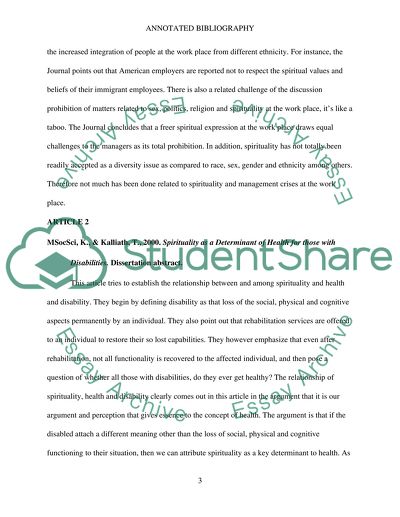Cite this document
(“Critical review Coursework Example | Topics and Well Written Essays - 2000 words”, n.d.)
Retrieved from https://studentshare.org/psychology/1463168-critical-review
Retrieved from https://studentshare.org/psychology/1463168-critical-review
(Critical Review Coursework Example | Topics and Well Written Essays - 2000 Words)
https://studentshare.org/psychology/1463168-critical-review.
https://studentshare.org/psychology/1463168-critical-review.
“Critical Review Coursework Example | Topics and Well Written Essays - 2000 Words”, n.d. https://studentshare.org/psychology/1463168-critical-review.


